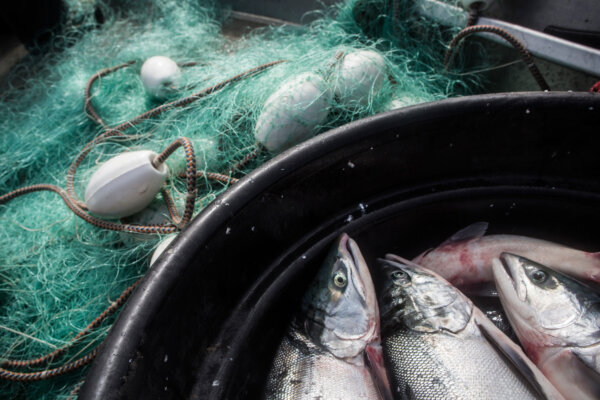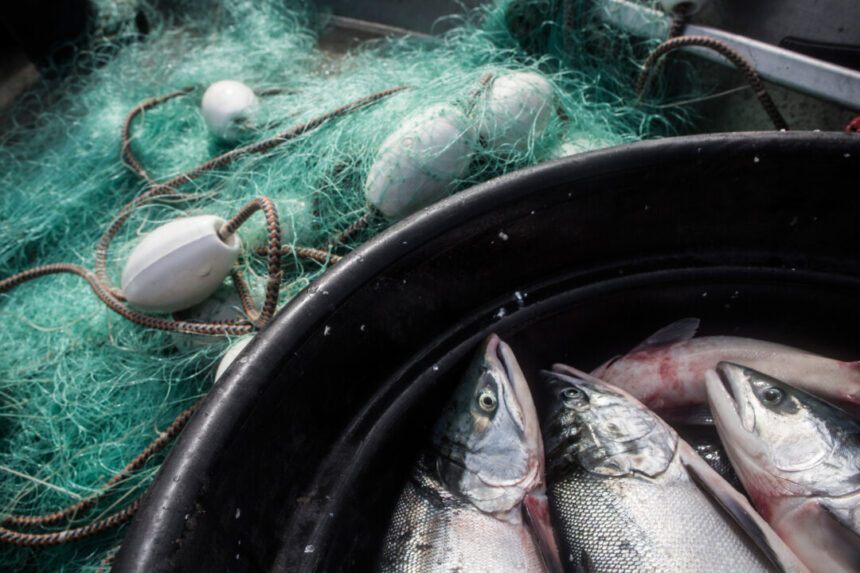
The state has pledged to take the fight to the highest court if necessary.
An Alaska federal judge has rejected the state’s attempt to extend subsistence fishing boundaries beyond federal government limits, affirming federal authority over the state’s water management.
In a ruling on March 29, U.S. District Court Judge Sharon Gleason permanently blocked Alaska from issuing orders that contradict federal management decisions aimed at preserving fish for rural residents.
The dispute arose in 2021 when Chinook salmon runs on the Kuskokwim River hit record lows. The Federal Subsistence Board and other federal officials imposed a fishing ban on 180 miles of the river within the Yukon Kuskokwim Delta National Wildlife Refuge due to declining salmon populations.
The federal order restricted access to the river for non-subsistence harvest and only allowed “federally qualified” subsistence fishermen from rural villages to fish. This move prevented many Alaska Natives from the Kuskokwim region, who now reside in urban areas, from accessing the fisheries. About two-thirds of Alaska Natives live in urban cities.
Conflicts between federal and state orders led to a lawsuit by the Biden administration in 2022 under the Alaska National Interest Lands Conservation Act (ANILCA), which prioritizes rural residents’ harvests of fish and game during scarcity.
Despite the state’s argument citing a 2019 U.S. Supreme Court ruling in favor of John Sturgeon, Judge Gleason rejected Alaska’s claims, stating that the federal government lawfully designated the Kuskokwim River as a navigable water subject to ANILCA.
Alaska Attorney General Treg Taylor expressed disappointment with the ruling and stated that the state plans to appeal the decision to the highest court. He criticized the federal government’s attempts to control the Kuskokwim River’s management, arguing that the state should have the right to manage its natural resources for the benefit of all residents.
Mr. Taylor highlighted that federal management of the river negatively impacts Alaska families upstream of the Yukon Delta National Wildlife Refuge and limits access to cultural subsistence needs for urban Alaska Natives.





